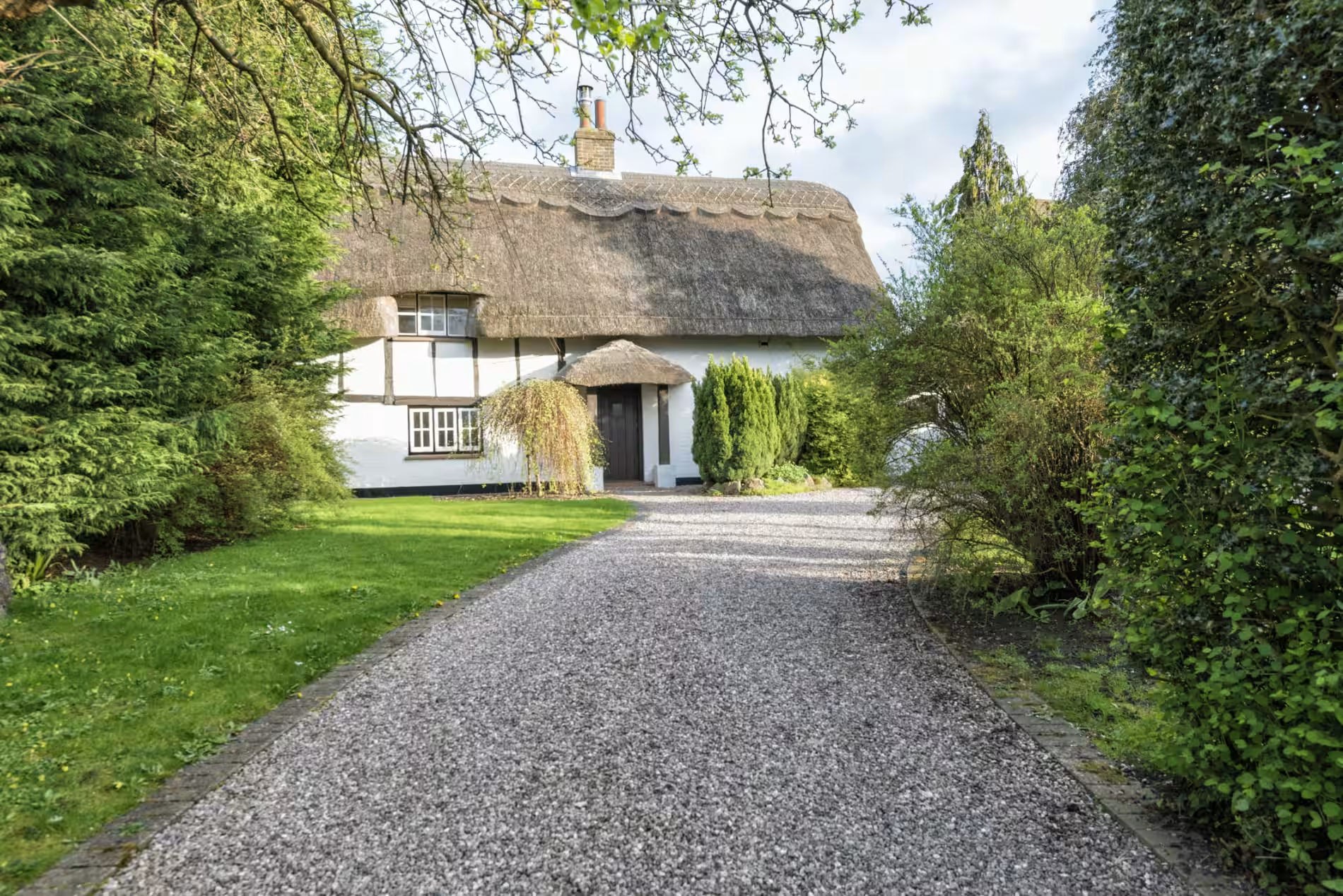If you own a second property and are considering turning it into a source of income, you may be weighing two popular options: should you let it as a holiday home or a buy-to-let?
With recent changes to holiday let regulations that came into effect in April, the decision is more nuanced than ever. In this article, we explore the key differences between holiday homes and buy-to-lets, along with the pros, cons, and current market landscape to help you make the best choice for your circumstances.
What’s the difference?
The distinction lies in the duration and purpose of the rental. Buy-to-let properties are typically rented out on long-term contracts (usually six to twelve months or more), while holiday homes are let on a short-term basis – often for just a few days or weeks.
This difference has both practical and legal implications. For example, holiday homes can command higher nightly rates – think of the proportionate cost of a hotel versus a rental flat – but they also come with more frequent turnover and management needs.
The appeal of holiday homes
Holiday lets have surged in popularity in recent years, and for good reason.
- Higher income potential: in 2023, the average holiday home generated nearly £25,000 in rental income, significantly more than many buy-to-lets.
- Rising demand: with more UK holidaymakers opting for domestic travel over international trips, demand for UK-based holiday rentals remains strong.
- Personal use: a holiday home also doubles as a personal retreat for you and your loved ones, offering both emotional and financial returns.
Challenges facing holiday lets
Despite their earning potential, holiday homes come with notable challenges, especially following recent regulatory changes:
- Tax changes: the abolition of furnished holiday let (FHL) status in April means landlords can no longer benefit from business-related tax reliefs.
- Higher costs: a 2% stamp duty surcharge on second homes and increased council tax in some areas have made holiday lets more expensive to own.
- Planning restrictions: in popular tourist areas, new planning permission requirements may limit your ability to convert a property into a holiday let.
The buy-to-let advantage
While buy-to-lets may not offer the same income as holiday homes, they bring their own set of advantages:
- Stability: longer tenancies mean more predictable income and fewer gaps between renters.
- Lower maintenance: with fewer turnovers, there’s less need for constant marketing, cleaning, and guest communication.
- Easier financing: buy-to-let mortgages are generally easier to obtain than holiday let mortgages as they’re seen as lower financial risks.
- Lower management costs: property management fees tend to be lower for long-term rentals.

Cons of buy-to-lets
Buy-to-lets offer consistency, but that comes with trade-offs:
- Less flexibility: selling a tenanted property or accessing it for personal use can be more complicated due to tenant rights.
- Regulatory burden: landlords have to comply with a range of legal obligations, including tenant protections and safety standards.
Tax and insurance considerations
When deciding between a holiday home and a buy-to-let, it’s important to factor in the tax and insurance implications as these can significantly affect your returns.
Council tax vs business rates*
- Buy-to-let properties are typically subject to standard council tax, which varies by local authority and property band.
- Holiday homes, if let commercially for at least 70 days a year and available for 140 days, may qualify for business rates instead of council tax. This can be financially advantageous, especially if the property is eligible for small business rates relief, potentially reducing the bill to zero.
- If a holiday home doesn’t meet the letting criteria, it will be charged council tax as a second home, which may include a premium in some areas.
Capital Gains Tax (CGT)*
When selling a second home or buy-to-let, you may be liable for CGT. As of 2025, the rates for residential property disposals are 18% for basic rate taxpayers 24% for higher rate taxpayers.
These rates apply equally to both holiday homes and buy-to-lets. There are no specific CGT reliefs for buy-to-lets, even though they provide long-term housing. That said, you may be able to deduct allowable costs such as improvement expenses and selling fees.
Insurance: protecting your investment
Whether you own a holiday home or a buy-to-let, having the right insurance is essential:
- Holiday homes often require specialist insurance due to periods of unoccupancy and guest use. Policies typically include cover for buildings, contents, public liability, and loss of rental income.
- Buy-to-let insurance focuses on landlord-specific risks, such as tenant damage, legal expenses, and rent guarantee.
- If you already have a high-value home insurance policy, it may be possible to add your second property to it. This can streamline coverage and ensure you benefit from the same level of service and protection across all your properties.
Speak to your broker to explore whether your existing policy can be extended or if a bespoke solution is more appropriate.
Protect your second property with confidence
Whether it’s a holiday home or a buy-to-let – or something else – Stanhope offers bespoke insurance solutions tailored to your investment. With expert advice and comprehensive cover, we help you safeguard what matters most – so you can focus on the returns, not the risks.
Speak to a Stanhope adviser today to insure your second property with peace of mind.
Get a quote now
Excellent service from Vicky at Stanhope. She responded to my online query the next morning and by the end of the day we had my household and buildings insurance in place. I feel secure in the knowledge that we are adequately covered now. I cannot fault the service I have received so far.
5 Star Review ReviewsIO
*This article is for information purposes only and does not constitute financial, tax or mortgage advice. Readers are encouraged to consult a qualified financial advisor, tax professional, or mortgage expert before making any decisions related to capital gains tax or home financing.
Sources
Abolition of the furnished holiday lettings tax regime – GOV.UK
Key holiday let tax changes: what brokers really need to know | Blogs
Holiday Lets and AirBnB tax changes: does this mean an increase in local housing? – Homesure
https://bmmagazine.co.uk/in-business/britons-book-later-closer-shorter-uk-holidays
https://www.gov.uk/guidance/understand-how-council-tax-bands-are-assessed
https://www.ukpropertyaccountants.co.uk/capital-gains-tax-on-buy-to-let-property-in-2024-25

